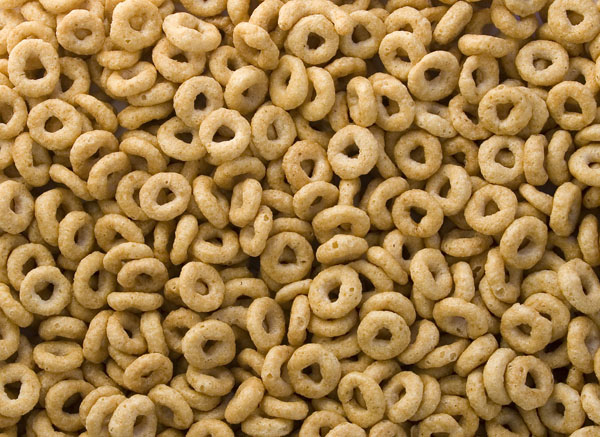In an effort to improve the quality and sustainability of the oats crop, food giant General Mills has teamed up with South Dakota State University (SDSU) researchers. General Mills is the parent company for such widely-recognized brands as Cheerios cereal, Yoplait yogurt and Nature Valley granola bars.
A new research laboratory will provide a collaborative space for General Mills scientists and SDSU plant breeders, grain expects and environmental scientists alike. General Mills has a major stake in the improvement of the crop as over a quarter of General Mills products contain oats.
“Oats are an absolutely essential part of General Mills’ portfolio,” said Jim Kirkwood, vice president and chief science and technology development officer at General Mills. “… South Dakota and North Dakota for the last 150 years have been a source of some of the best oats that we use in our products. Since we founded the company we’ve been buying oats from that area, and the university there is one of the leaders in oats breeding.”
The company plans to relocate one of its oat breeding scientists to Brookings, South Dakota, where the university’s campus is located. The main goals of the research partnership are to improve the nutritional value of the grain, breed varieties with higher yields and improve sustainability practices used by farmers.
According to General Mills, the company aims to use only those oats produced as a result of sustainable agriculture practices, by the year 2020. The US Department of Agriculture reported that South Dakota was the second largest oat-producing state in the US in 2015.
Daniel Scholl, interim dean of SDSU’s College of Agriculture and Biological Sciences, says that oats are not only an important part of the state’s agricultural industry but can also provide a diversified source of revenue for producers. Crop rotations can also have benefits to soil heath by reintroducing depleted nutrients into farmland.
SDSU has a strong history of developing oat varieties that are well-suited to the soil conditions and weather in South Dakota. While Scholl says that the university’s crop research has allowed local farmers to be “very profitable contributors” to local and global oats markets, as demand for the product continues to grow, more research is always needed.
More than 600 General Mills products sold in the US, contain oats. In the previous fiscal year, 25 percent of the food company’s sales included products made with whole grain oats.
“Oats can be made better as a crop,” said Scholl. “It can be made more profitable to grow, more disease resistant (and) more resistant to pests so that it would require less pesticide treatment. That, for example, would potentially make it more environmentally friendly and more profitable for the grower.”












Join or login to leave a comment
JOIN LOGIN